From the centuries-old ruins of Olympia, where men and gods competed for laurels at the ancient Olympic Games, to its contemporary cities of Delphi and Corinth, the wonders of the ancient Hellenic civilization still draw awe-struck tourists. Add to those destinations Nafplio, Epidaurus, Mystras, Monemvasia and Mycenae to complete a tour of Greece's vibrant Peloponnese region. It is an itinerary that will convert even the most casual tourist into a Classical aesthete.
Visitors walk among ruins at the site of ancient Olympia, Greece. The first major excavation of Olympia, sponsored by the German government, began in 1875.
The sanctuary is known as Altis and comprises various buildings including temples to Hera and Zeus, the hippodrome (for chariot races) and the stadium. The sacred grove of Zeus, or Altis as the ancient Greeks called it, was filled with plane trees and wild olives dedicated to the father of gods and mortals.
In modern Greece, Olympia is in the region of Peloponnese. Every four years, the Olympic Flame is still lit here with sunlight reflected through a parabolic mirror.
The temple of Hera stands in the northwest corner of the sacred precinct of the Altis.
Visitors look at the former Palace of Apollo, where the oracle once prophesized the future, at the ancient archeological site of Delphi. Greece's many archeological sites are among its most popular tourist destinations.
Another view of the former Palace of Apollo.
Visitors walk by the former Treasury of the Athenians at the ancient archeological site of Delphi, Greece. Greece's many archeological sites are among its most popular tourist destinations.
Visitors walk among ruins at the ancient archeological site of Corinth, Greece.
Columns of the former Temple of Apollo stand at the ancient archeological site of Corinth as the ancient fortification of Corinth stands on a hilltop.Corinth is located about 78 kilometres southwest of Athens in the Peloponnese region.Ruins stand at the ancient Mycenaean archeological site of Tiryns near Nafplio, Greece.Visitors explore the former theatre at the ancient archeological site of Epidaurus in Greece. Epidaurus is reputed to be the birthplace of Apollo's son Asclepius, the healer.The Lion Gate stands at the ancient archeological site of Mycenae in Greece.Stone houses cling to a rocky hillside on in Monemvasia, Greece. Once a Byzantine port, the town is today among the major tourist attractions of the southern Peloponnese.The Church of Saint Sophia stands at the Byzantine archeological site of Mystras in Greece. |

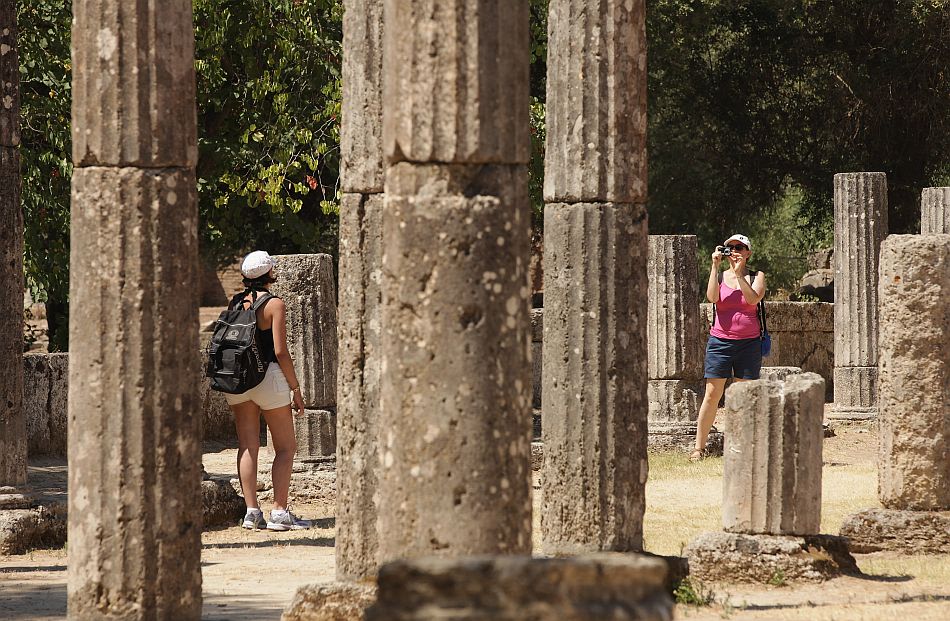
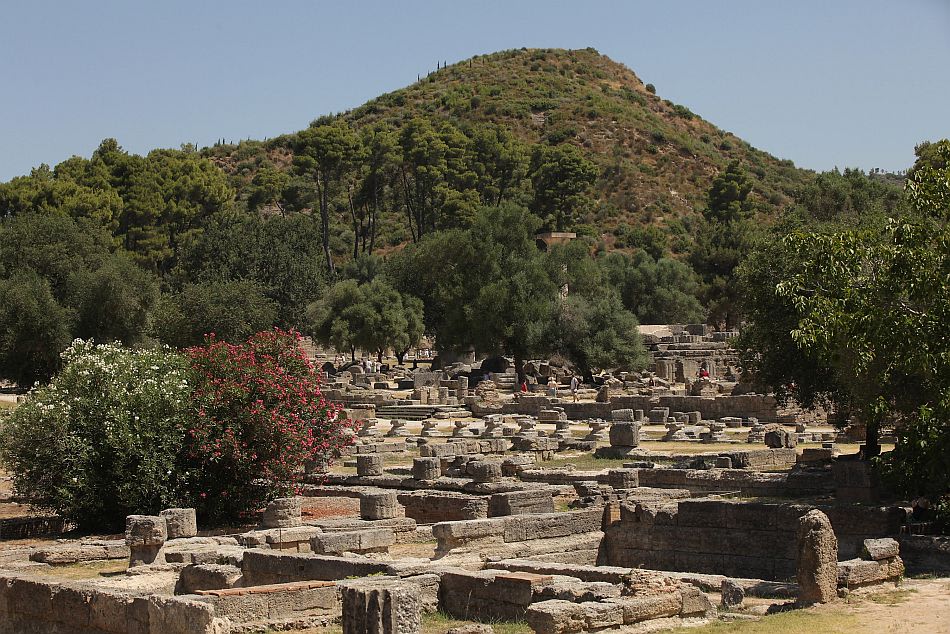
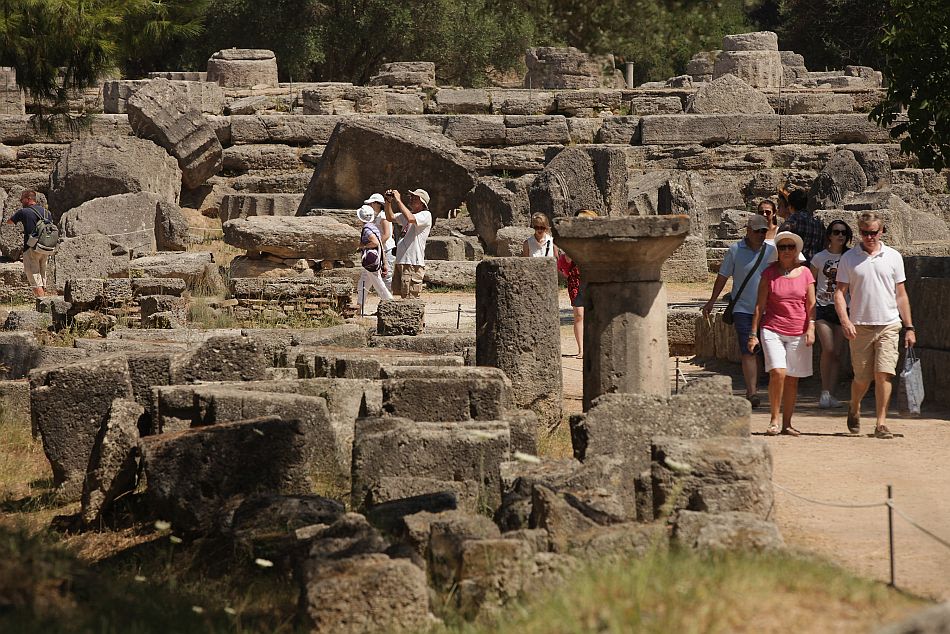

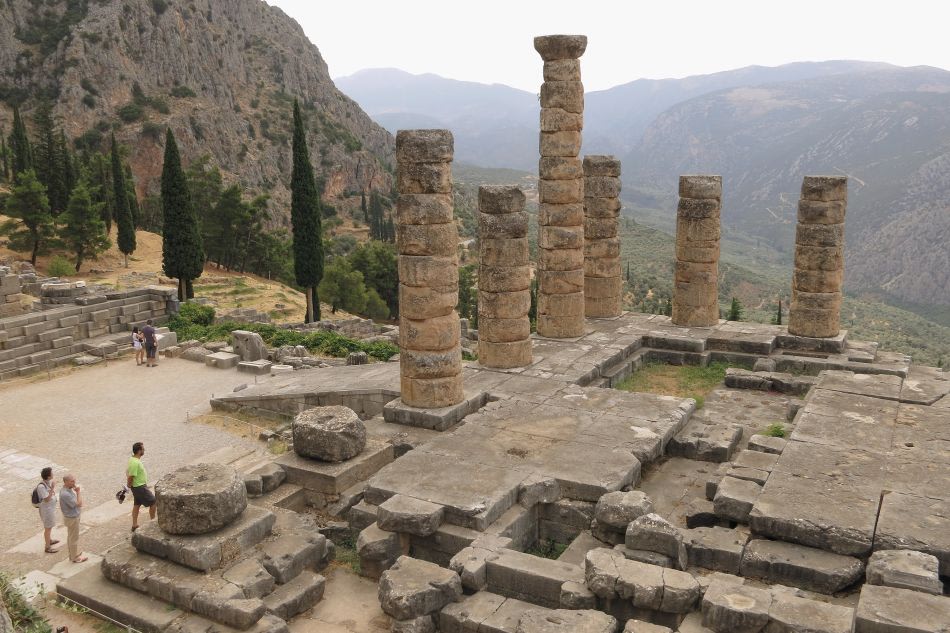
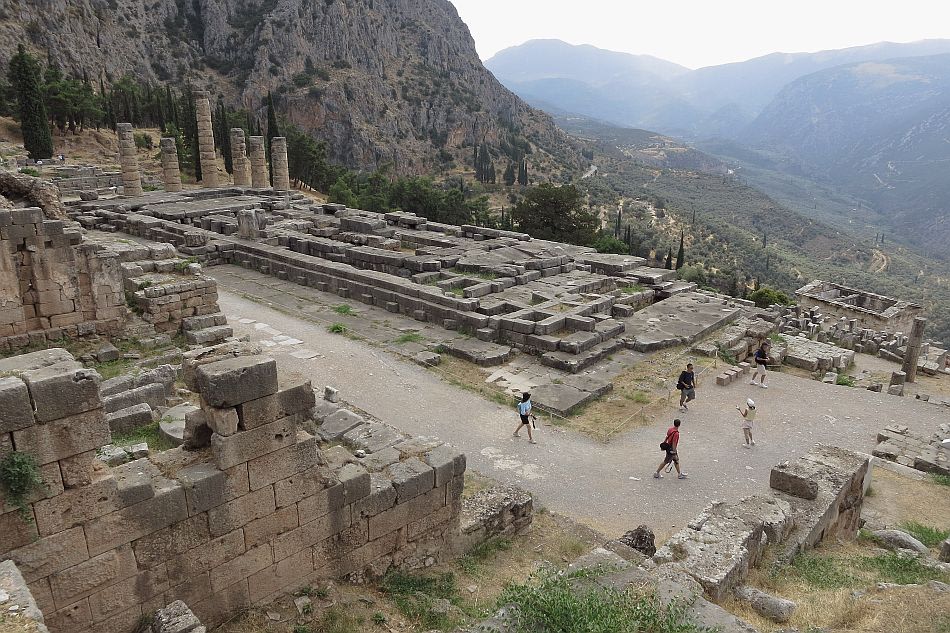


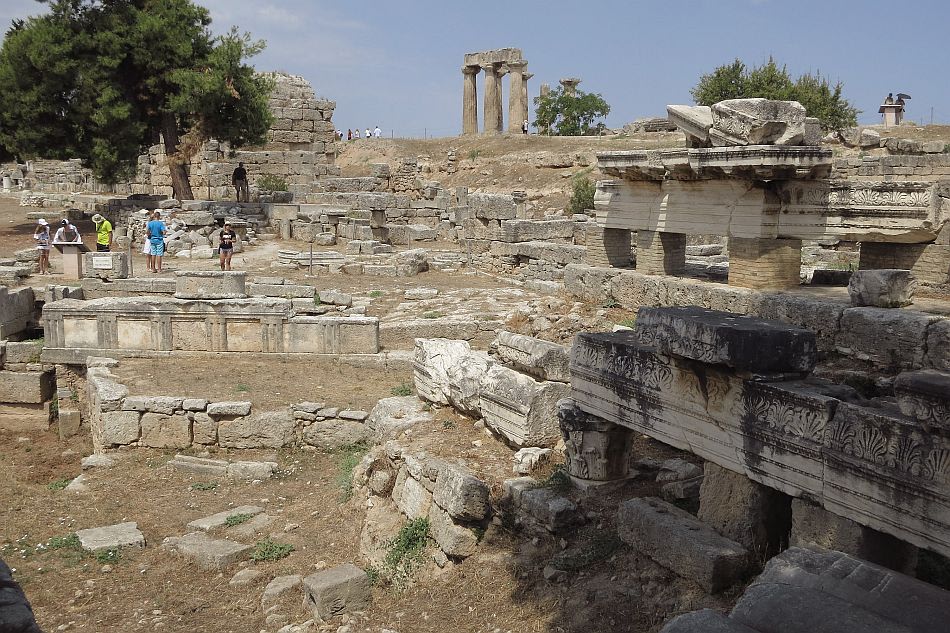
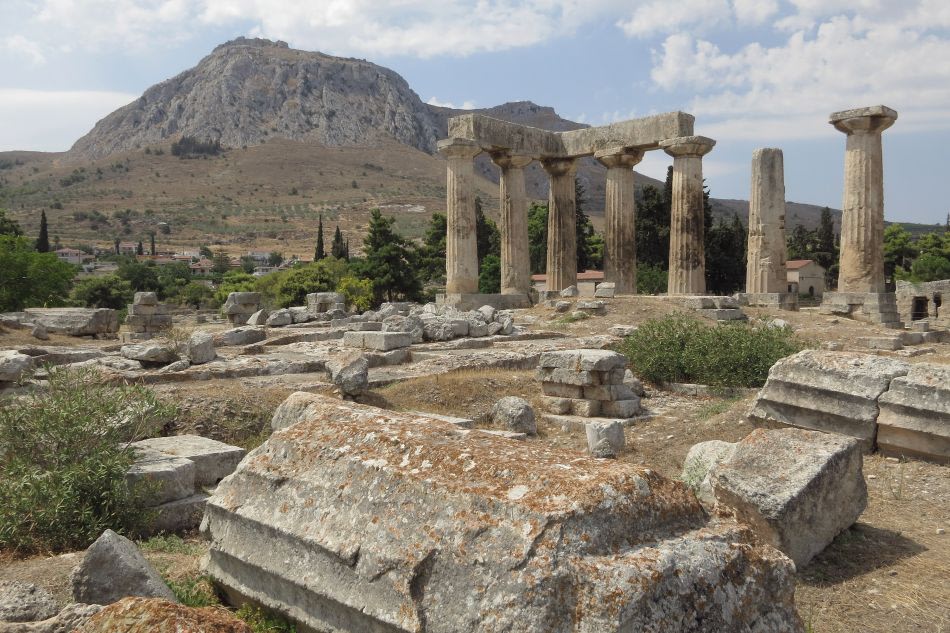
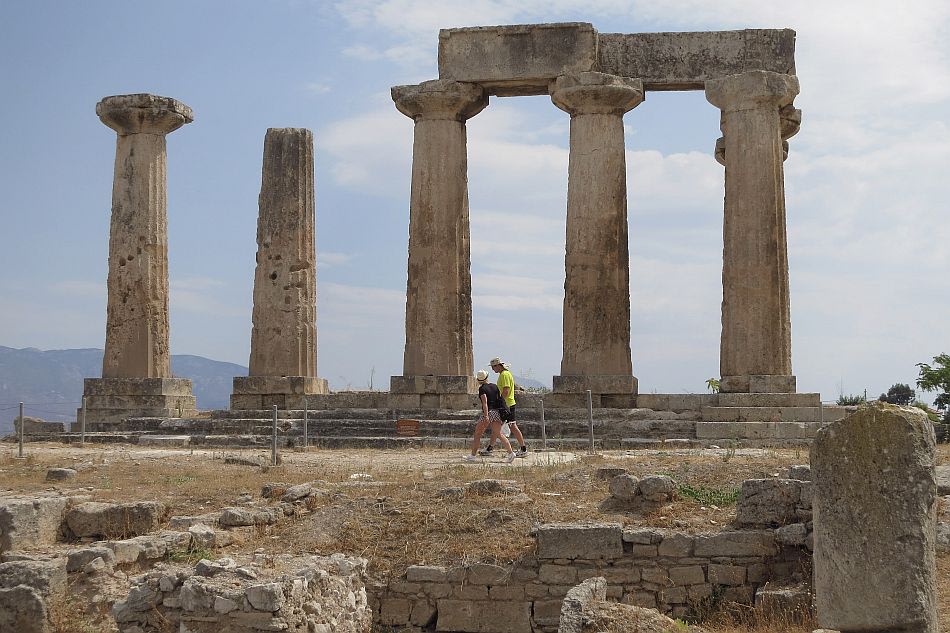

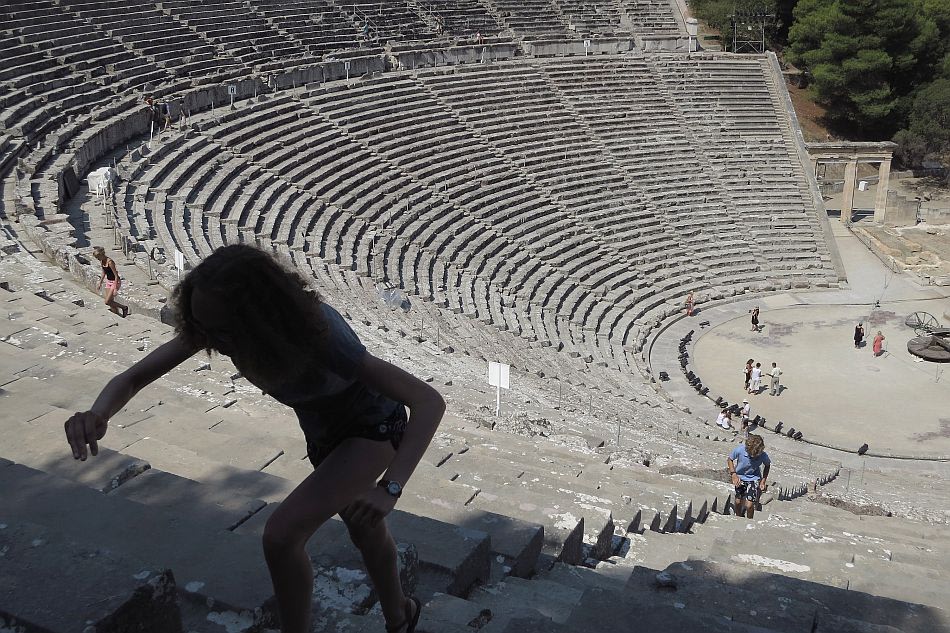

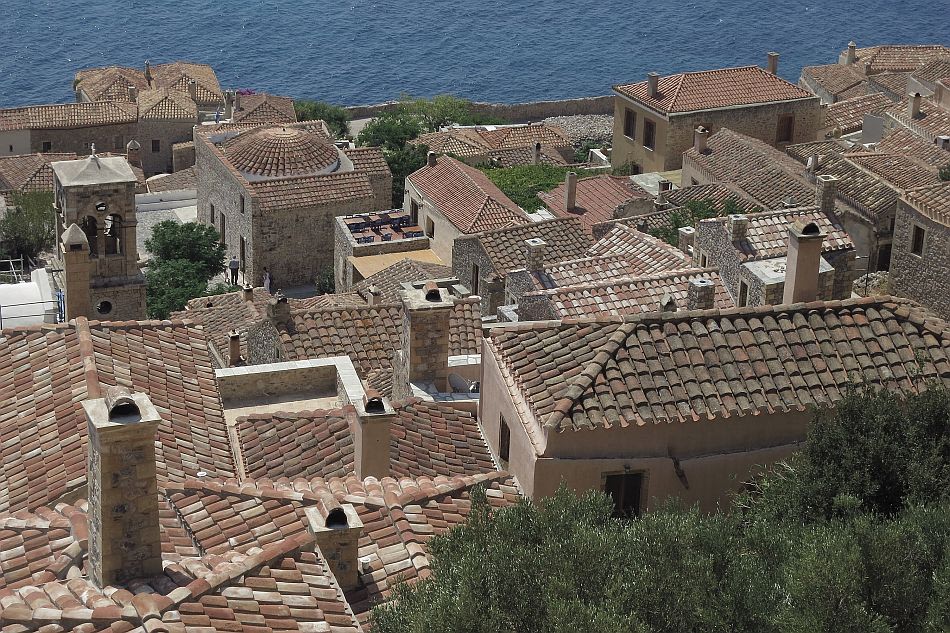
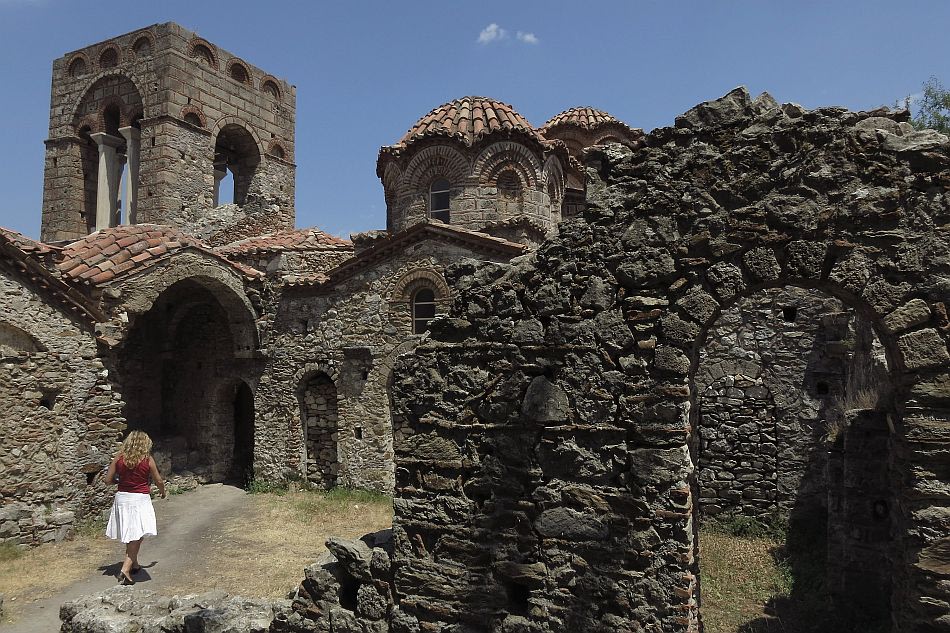
No comments:
Post a Comment